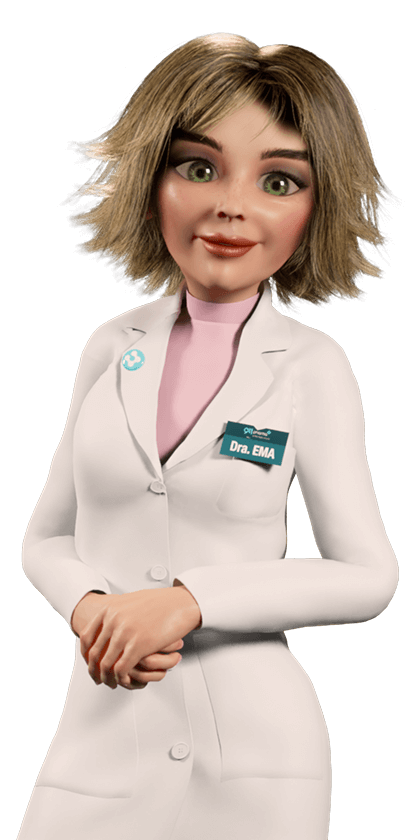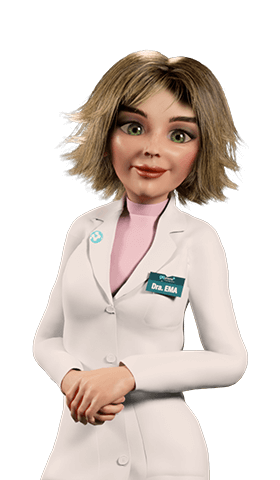Mouth and teeth
Childhood Oral Health - Teeth for life
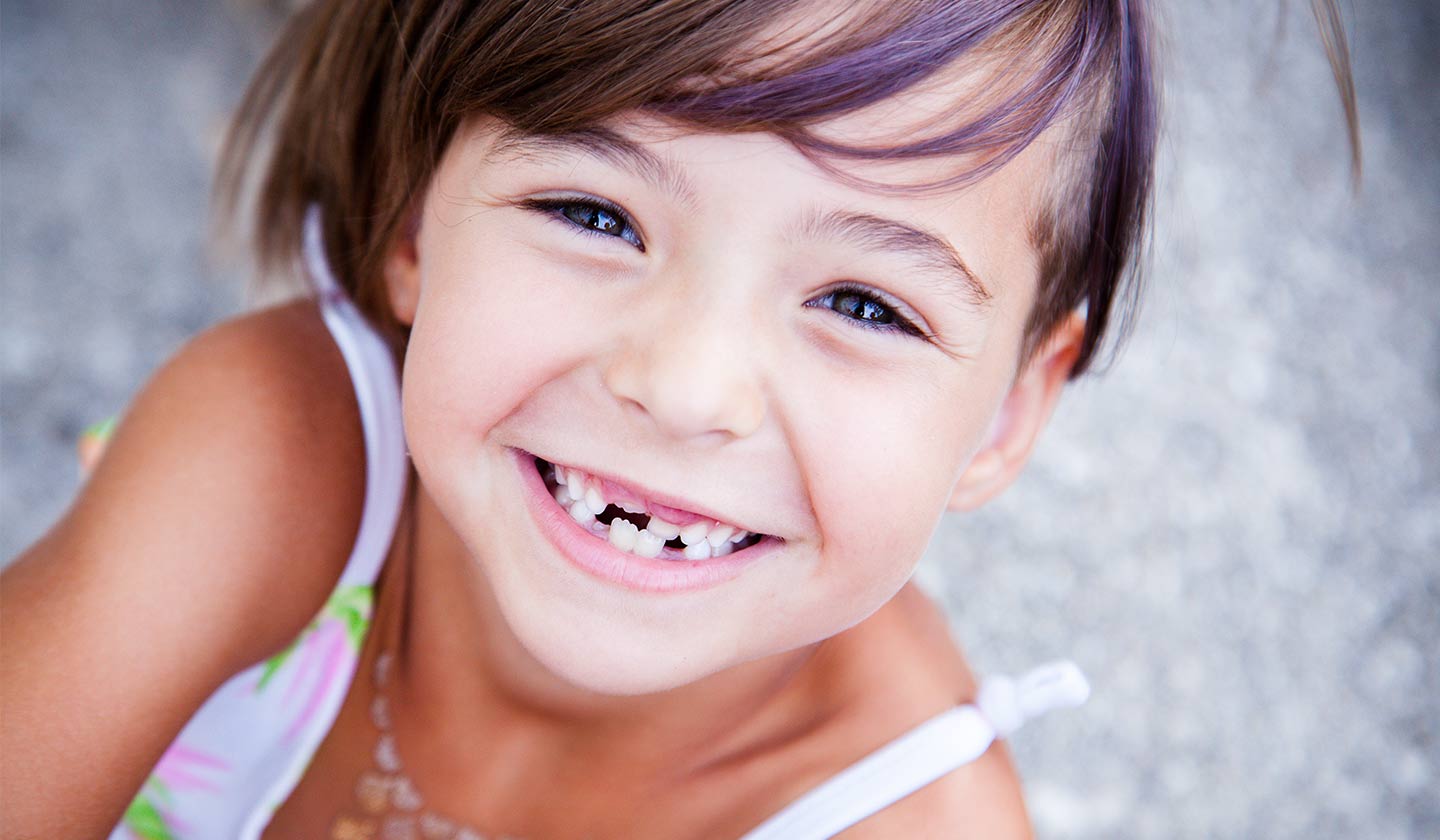
Healthy teeth are much more than a beautiful smile: they help you chew your food well and speak more clearly. But they need to be cared for from an early age so that they stay healthy throughout life.
An ongoing process
We do not see them, but the teeth are present from the moment of birth. This is because the formation of teeth begins in the foetus, during gestation and only ends when the so-called definitive dentition is complete.
The care with children's oral health should therefore begin during pregnancy: the mother's diet is decisive in providing the essential nutrients for the adequate development of teeth, namely calcium, phosphorous and vitamins C and D.
Furthermore, by breastfeeding, at least until the age of 4-6 months, you are also preventing future cavities in the baby.
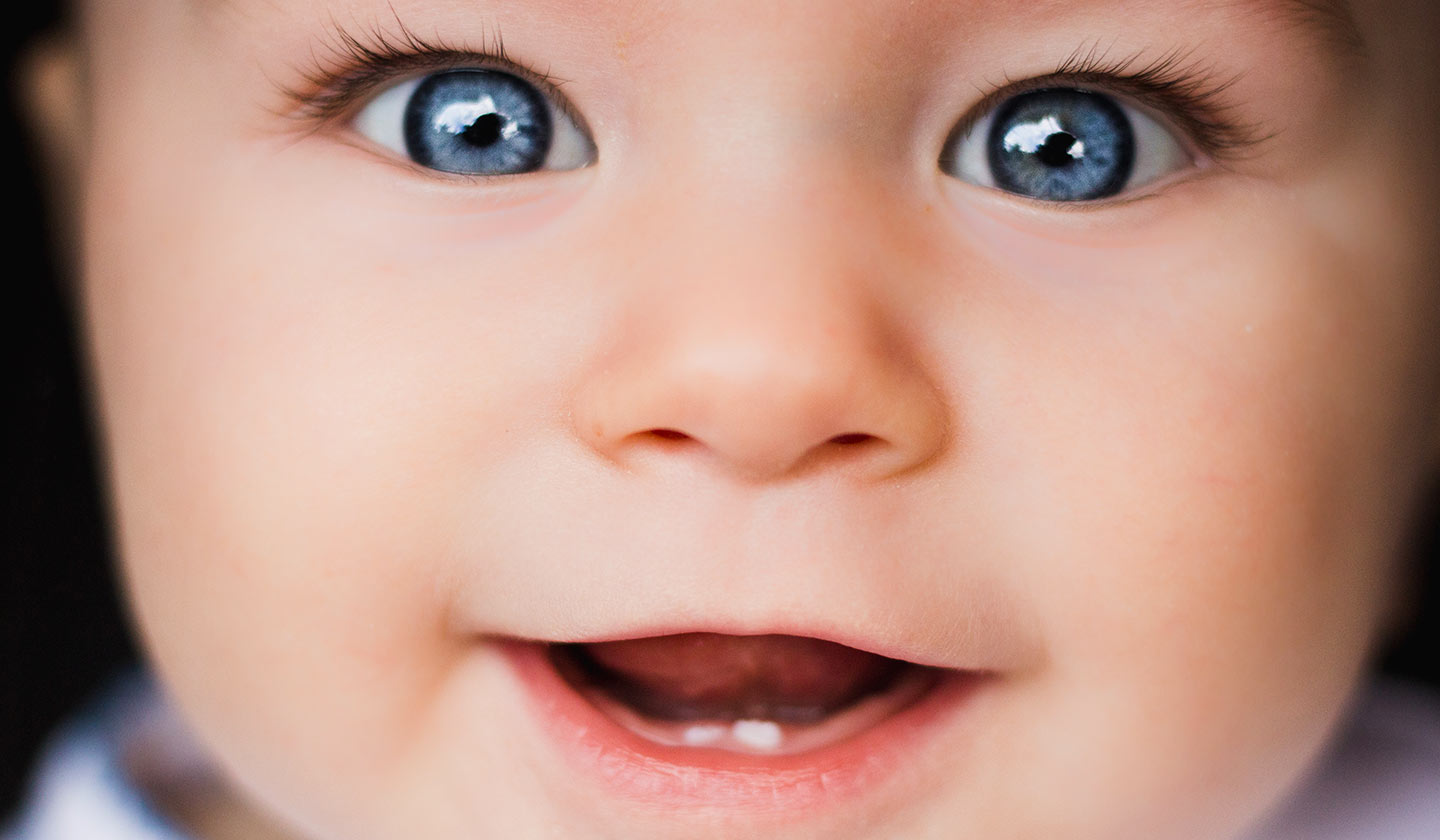
First teeth coming in
Many babies have no problems with teething. However, some can be more agitated, irritable and show changes in appetite or sleep. It is therefore helpful to keep in mind some measures to ease baby's discomfort:
Give your baby something to bite:
Teething rings
Can be put in the fridge to cool them down, however, they should not be put in the freezer as they become too hard and can hurt the gums;
Hard foods
Such as bread crusts, apples or carrots, keeping an eye on the baby to avoid choking on a piece of food.
Clean the drool from the baby's face regularly to avoid irritation of the skin. If necessary apply a protective cream;
If the baby is very upset, you can apply an appropriate cooling balm or gel to soothe and protect the gums.
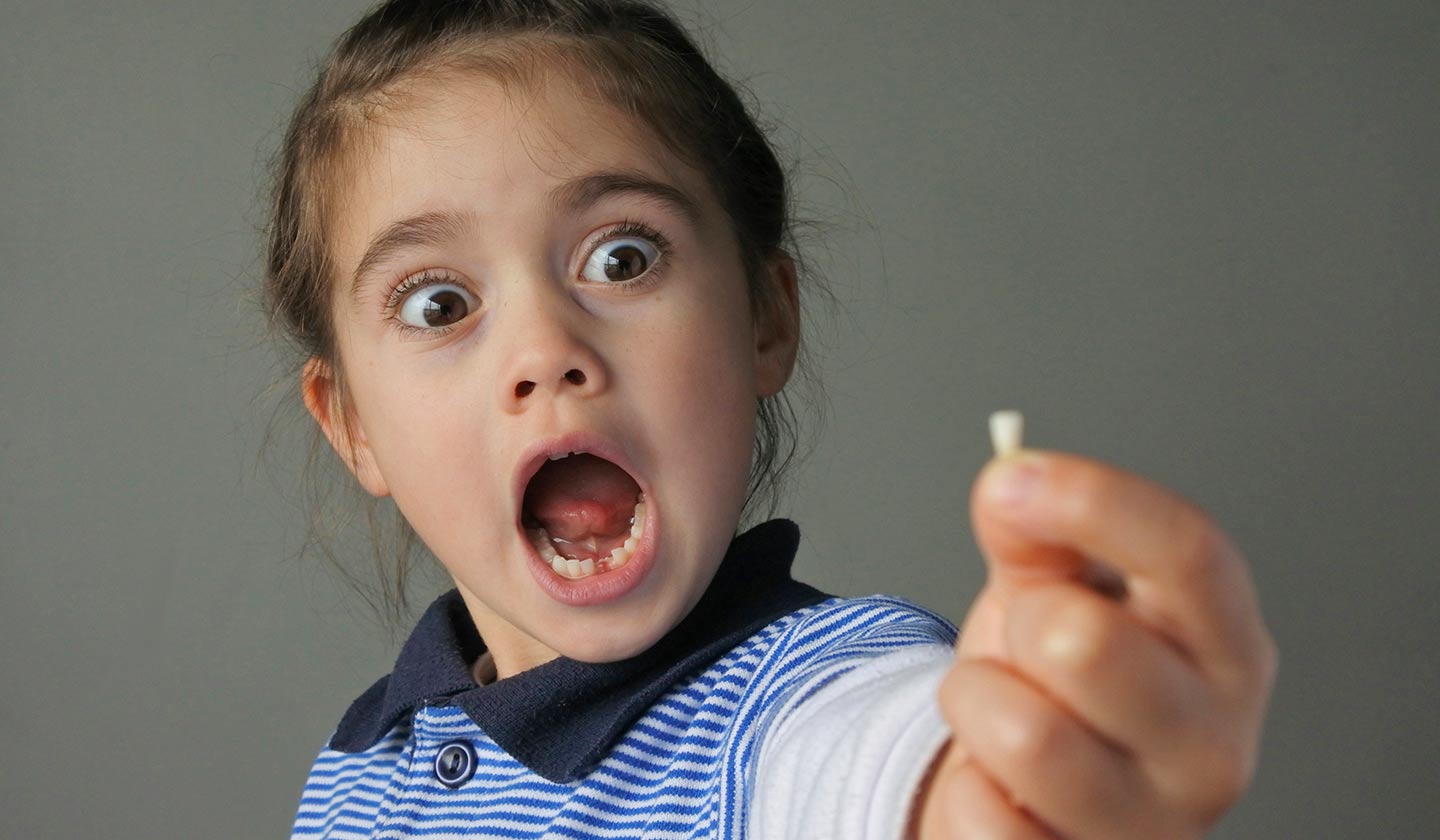
Temporary but important
The first temporary (or "milk") teeth must be taken seriously as they are fundamental for healthy permanent dentition. They will certainly be replaced, but they remain in the mouth for several years: some can even be in use from 6 months to 13 years, which justifies taking care of them as if they were permanent.
These teeth have important functions in children's development:
- they help them to chew;
- they contribute to maintaining the space where the permanent teeth will come in;
- they facilitate the articulation of sounds;
- they are involved in breathing, swallowing and the growth of the jaws
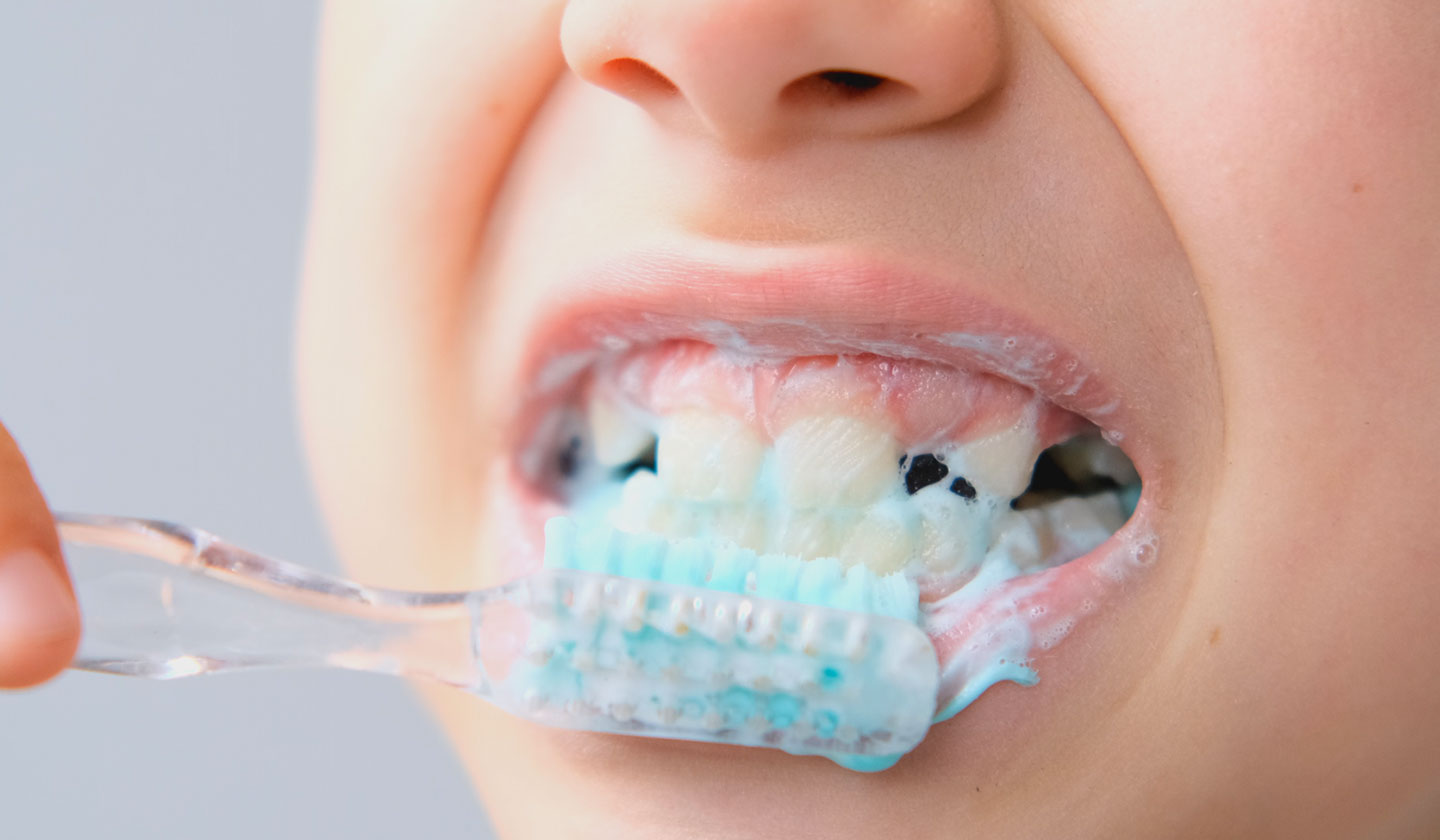
From a young age...
If started early, oral hygiene allows proper growth, development, functioning and maintenance of children's teeth. It's halfway to healthy teeth for life. Therefore, there are some essential precautions:
- As the first teeth emerge and even after they erupt, cleanse baby's gums with a gauze dampened in water.
- Adapt hygiene care to the age of the child:
- 0-3 Years: brushing should be carried out by parents from the birth of the first tooth, using a gauze, thimble or soft brush of a size suitable for the child's mouth. The amount of toothpaste should be similar to the size of the nail of the child's 5th finger (little finger);
- 3-6 years: brushing should be done progressively by the child, under parental supervision, using a soft brush of an appropriate size. The quantity of toothpaste is the same as in the previous case;
- > 6 Years: brushing should be done by the child, using a soft brush (or alternatively a medium one). The amount of toothpaste is approximately 1 cm;
- Children should use a fluoride toothpaste of 1000-1500 ppm;
- Teach them to brush their teeth at least twice a day: after breakfast and before bedtime;
- Set an example: children learn by imitation;
- Avoid foods high in sugar, especially between meals;
- Do not add sugar or honey to the dummy or allow passive use of the bottle while the child sleeps: this increases the risk of tooth decay;
- Take your child to the dentist! Preferably, the first visit should take place before the age of 1.
Sources
iSaúde
MSDmanuals
Também lhe poderá interessar
Mouth and teeth
Healthy mouth - At all ages
Mouth and teeth
